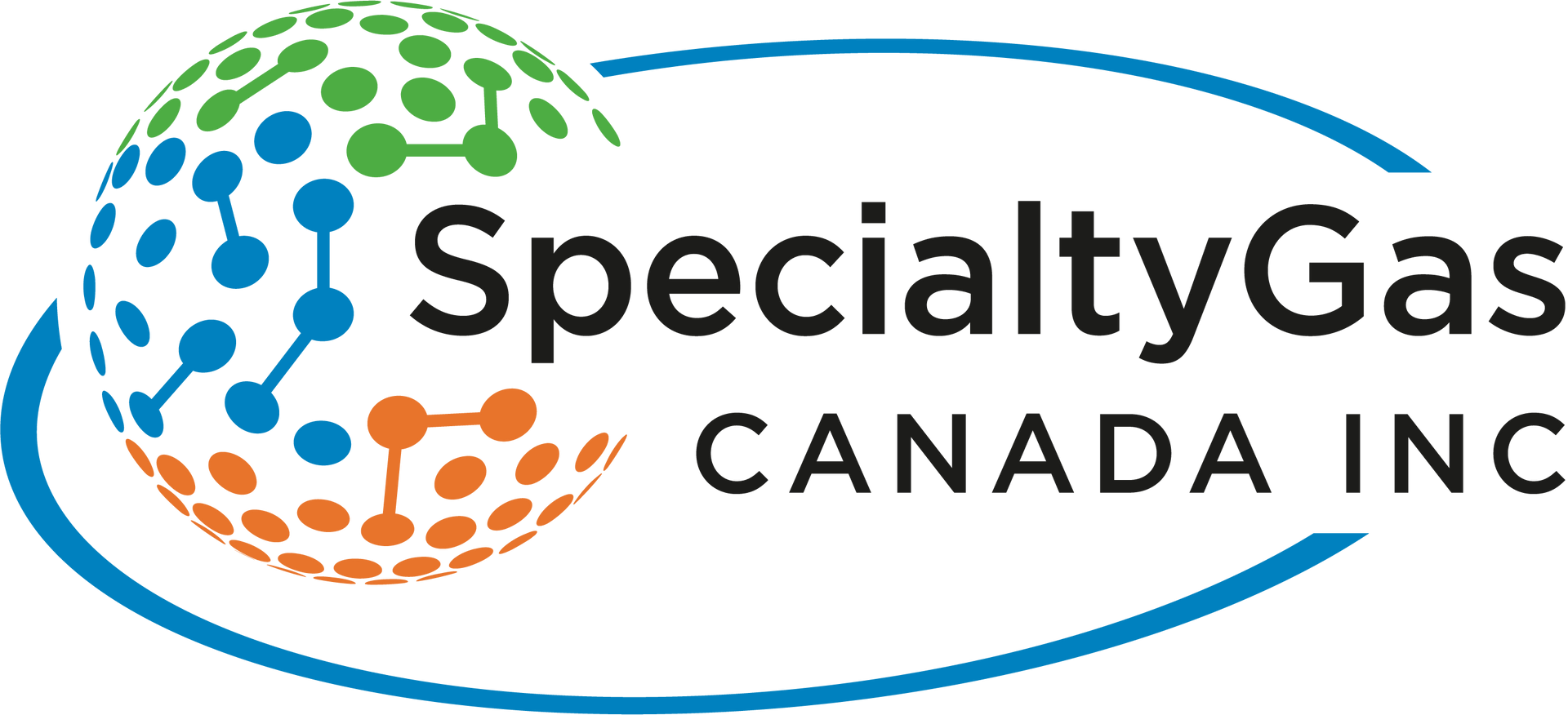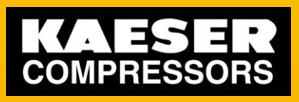FAQ's
Generating N₂ or O₂ at your facility is easier than you’d think. With ROIs of 12 to 18 months in most cases, you can’t afford not to investigate the endless possibilities.
Frequently Asked Questions
-
How do I know what type of system we require?
Specialty Gas Canada has an experienced team and is qualified to perform a feasibility study to understand the requirement.
-
How can we assess the ROI of in-house generation vs. what we are doing today?
We can perform the demand analysis of your existing system and build a fact-based solution with a clear calculation of ROI.
-
What purity can an in-house generator produce?
With our Nitrogen Generators, you can get 99.9995% pure Nitrogen.
With our Oxygen Generators, you can get 95% pure Oxygen.
-
Are the generators certified and approved for use in Canadian Provinces?
Yes, our Oxygen & Nitrogen generators are TSSA (with CRN) & ESA certified.
-
Can Specialty Gas Canada perform the installation?
Specialty Gas Canada has an in-house TSSA-certified installation team that can take care of complete installation work, including unloading, placement, piping, TSSA registration & TSSA approval.
-
What happens if there is a breakdown during midnight?
No need to worry. We operate 24/7/365, and our technicians’ vehicles are equipped with emergency parts and tools to perform the repairs.
-
How much can I save by producing my own N₂/O₂ in-house?
The saving potential is humongous and in-house producing can save up to 90%.
-
Will I need to replace the Molecular Sieve in my generator?
The Molecular Sieve in a generator typically has a long lifespan, usually lasting 20 years plus. The actual duration can be influenced by factors like usage patterns, maintenance practices, and the quality of the sieve itself. Regular maintenance and proper filtration upstream can contribute to the extended life of the Molecular Sieve in your generator. At Specialty Gas Canada, we can guide you through the maintenance schedule and offer expert advice on when and how to replace the Molecular Sieve if and when it becomes necessary.
-
How do I verify my O₂ or N₂ purity?
Jatinder will do a free site visit and measure with his portable devices 😊
-
Who do I contact to book service?
Email at svc@specialtygas.ca
-
Do you work on other manufacturers of N₂ and O₂ Generators
Yes , we are backed by decades of service experience. Please call 905-971-5304 to book a discovery call.
-
What are the compressed air supply requirements for i-Flow Nitrogen Generator?
Depending on your specific application, the pressure and flow required from the compressed air supply to the generator will vary. For your specific requirements please refer to your quotation documents or contact our office. However, all installations must meet the following conditions:
Minimum Air Quality: IS0 8573-1:2010 class 2.4.1
Minimum Inlet Air Pressure: 87 psig (6 barg)
Maximum Inlet Air Pressure: 166 psig (11.5 barg)
Minimum Inlet Air Temperature: +5°C (41°F)
Maximum Inlet Air Temperature: +35°C (95°F)
-
What is the concept of operation of the i-Flow Nitrogen generator?
The i-Flow is a modular-expandable range of Carbon Molecular Sieve (CMS) nitrogen gas generators, that operate based on Pressure Swing Adsorption (PSA) technology. Essentially this requires two separate columns or “beds” of granular carbon pellets.
-
Can generators supply liquid nitrogen/oxygen?
We don't sell liquid nitrogen/oxygen or make equipment that can liquefy nitrogen/oxygen produced by our generators because it would be costly in terms of money and effort with a small return.
We can supply the gas generator, but as a user, you would have to go to a specialist to purchase and install the other equipment required for liquid nitrogen/oxygen.
-
Can multiple i-Flow Nitrogen Generators units be synchronized?
Yes, multiple units can be synchronized to meet demands based on application flow rates and purity requirements (more units = greater flow rates at specified purity).
-
What is the lifespan of a Nitrogen/Oxygen generator?
Generators typically have a lifespan that can vary depending on factors such as preventive maintenance of the system, the quality of the equipment, and environmental conditions. Our properly maintained generators can last anywhere from 20 to 30 years or more. Preventive maintenance plays a crucial role in extending the life of your generator and ensuring its reliable performance over time. If you're unsure about the lifespan of a specific generator model, our team at Specialty Gas Canada can provide you with detailed information and recommendations based on your needs.
-
How can I accurately determine the Nitrogen gas requirements for Laser Cutting Applications?
Finding the precise Nitrogen gas requirements for Laser Cutting Applications can be challenging, especially when the requirements provided by laser cutting manufacturers are often overestimated, sometimes by as much as 80 CFM or more. At Specialty Gas Canada, we've developed a specialized tool that enables accurate measurement of high-pressure Nitrogen flow specifically for Laser Cutting Applications.
Our Nitrogen Demand Analysis offers an advanced solution that goes beyond mere estimation. This analysis provides you with a detailed, second-by-second report of Nitrogen consumption patterns, giving you a comprehensive understanding of your actual usage. With this data-driven approach, you can make informed decisions about your Nitrogen supply needs and optimize your usage efficiently.
To learn more about how our Nitrogen Demand Analysis can benefit your Laser Cutting Application, please don't hesitate to contact us. We're here to help you achieve cost-effective and precise Nitrogen supply management tailored to your specific requirements.
-
Experiencing Low Nitrogen Gas Pressure in Your Thermco Gas Mixer Used for Your Modified Atmosphere Packager?
Encountering low Nitrogen gas pressure in your Modified Atmosphere Packaging (MAP) machine, particularly within a Thermco Gas Mixer, can arise from various factors, ranging from minor issues like clogged lines to more complex problems with the Nitrogen system itself.
At Specialty Gas Canada, we possess extensive expertise and hands-on experience in diagnosing and rectifying such challenges. Our team is well-versed in identifying the root causes behind low gas pressure and implementing effective solutions to ensure your MAP machine operates optimally.
If you're grappling with low Nitrogen gas pressure issues, we're here to help. Reach out to us at 905-971-5304, and let's have a discussion about your specific situation. With our insights and solutions, we can assist in restoring proper gas pressure, maximizing the efficiency of your MAP machine, and ensuring your packaging processes remain seamless.
-
Choosing Between Membrane and PSA Technology: Which is Right for You?
When deciding between membrane and Pressure Swing Adsorption (PSA) technology for your gas separation needs, it's essential to consider your specific requirements and priorities. Both technologies have their advantages and suit different applications.
Membrane Technology
Membrane systems are cost-effective for low-purity & low-flow gas applications.
They are easy to operate.
Membrane systems are not suitable for high-flow applications in the long run.
PSA Technology
PSA systems offer higher purity levels and are suitable for critical applications like Laser Cutting, Heat Treatment, Pharmaceuticals, and industries requiring precise gas quality.
They provide greater flexibility in adjusting purity levels based on your specific needs.
PSA systems can handle variable gas demand more effectively.
If you require a consistent supply of high-purity gas, especially in fluctuating conditions, PSA technology might be the better option.
At Specialty Gas Canada, we can help you make an informed decision. Our experienced team can assess your requirements and recommend the technology that aligns best with your goals. Feel free to contact us to discuss your specific needs and determine whether membrane or PSA technology is the right fit for you.
-
Why is the selection of an appropriate compressed air system crucial for in-house Nitrogen or Oxygen generation?
Here's why it matters:
- Consistent Gas Quality: Compressed Air is a feed air to a Nitrogen or Oxygen generator and fluctuations in compressed air pressure or contaminants can affect the purity of the generated gas.
- Energy Efficiency: High Isentropic Efficiency, in a range of 80%, of a compressor ensures that energy consumption is low, resulting in cost-effective gas production.
- Equipment Durability: A proper compressed air system prolongs the lifespan of Nitrogen or Oxygen generators.
- Minimized Downtime: A dependable compressed air system reduces the risk of downtime due to system glitches or inconsistent gas production.
- Compliance and Quality Assurance: Certain industries, like medical or food manufacturing, necessitate specific gas purity levels. An appropriate compressed air system aids in meeting regulatory standards and maintaining gas quality.
At Specialty Gas Canada, we recognize the vital relationship between compressed air systems and in-house gas generation. Our expertise enables us to assist you in designing, implementing, and upkeeping a compressed air system that seamlessly complements your Nitrogen or Oxygen generators, ensuring consistent operation and optimal gas quality.





